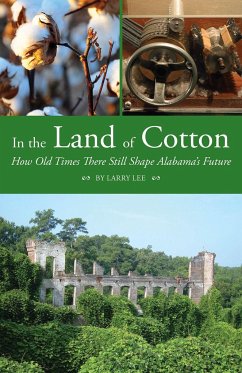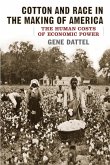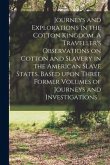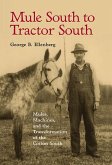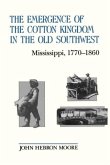In the beginning there was the land promising prosperity and independence. Enough that the population of what is now Alabama increased 1,000 percent from 1810-20. Descendants of Barbados slave lords in South Carolina heard about the rich, fertile soils in central and west Alabama. Scots-Irish came down the Appalachians to settle in the Tennessee Valley and Piedmont sections. To a very large degree, this newfound world revolved around cotton to feed the ever-hungry mills of England. Now, looking back over the span of two centuries we see that this cotton culture established a mindset that has yet to loosen its grip on Alabama. Cotton declared that manual labor always trumped the capacity to think and that a keen mind was of little use when cotton needed to be planted, chopped, or picked. So plantation owners made sure slaves could not go to school; later, landowners with sharecroppers figured children should be in the field instead of the school house. This mentality trapped thousands of Alabama citizens in an endless cycle where poverty and lack of education became a shaky foundation for hoped-for prosperity.
Bitte wählen Sie Ihr Anliegen aus.
Rechnungen
Retourenschein anfordern
Bestellstatus
Storno

